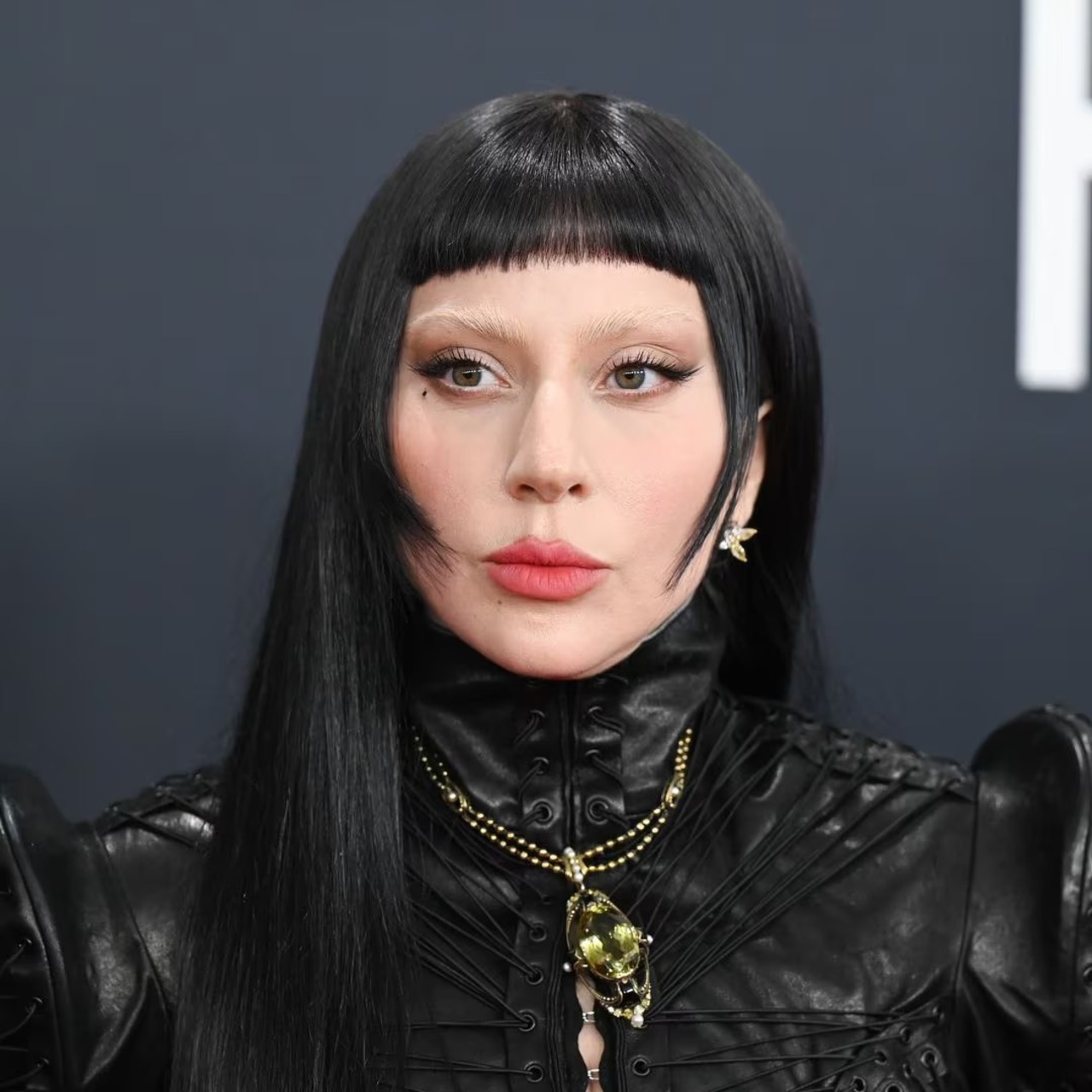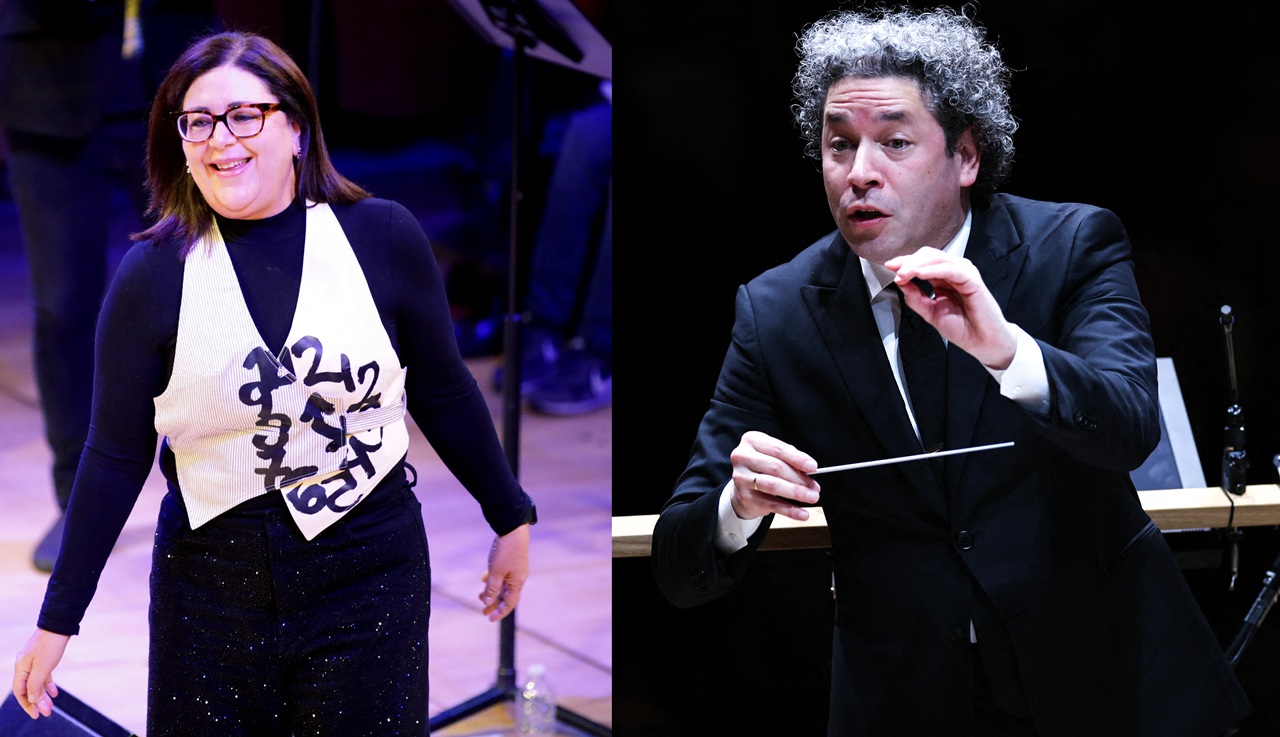
Andrea Echeverri, the Colombian feminist rocker who is the opposite of a 'diva'
Her original, transgressive message has not kept her from her biggest achievements.
Andrea Echeverri, popular Colombian rock singer and leader of the band Aterciopalados, is a unique figure in Latin music. Unlike many other artists, who aspire to achieve fame and success with her songs, she gave up becoming a diva.
"I didn’t want to be like Madonna or like Shakira," said the singer, known for defending feminism in her lyrics long before it became a massive international movement.
Her original, transgressive message has not kept her from her most important achievements. Among them, multiple Grammys, MTV and Lo Nuestro awards stand out. Her last solo album was Ruiseñora (2012), where percussion and vindictive lyrics dominate. She said it clearly: “it is important to continue talking about feminism in the 21st century, because sexism exists, crushes, rapes, kills and hits daily.”
Echeverri is committed to continue the legacy of the Latin American protest song, made famous by artists like Silvio Rodríguez, Soledad Bravo and León Gieco. The South American rocker surrounds herself with ceramic vaginas that she creates to vindicate the injustices Colombian and Latin women continue to suffer throughout the continent. In an interview with the newspaper El País, she does not talk about herself as a "feminist in the structured sense," but notes that her lyrics and music fight for women's rights.
{"preview_thumbnail":"/sites/default/files/styles/video_embed_wysiwyg_preview/public/video_thumbnails/gJnXjah4T2c.jpg?itok=Uz_56_eL","video_url":"https://youtu.be/gJnXjah4T2c","settings":{"responsive":1,"width":"854","height":"480","autoplay":1},"settings_summary":["Embedded Video (Adaptable, autoplaying)."]}
RELATED CONTENT
The author of songs like "Cosita Seria," "El estoque," "Ruiseñora" and "Ovarios" is an anti-war activist, and stays away from the pop divas. She also promotes the “Do it yourself” culture. Her album Dos (2010) was recorded entirely in her living room. She composed and played all the instruments in a work that is an ode to motherhood.
She acknowledges: “now there are things in the music industry that leave me cold, I can't go around pretending to be modern.” Originally, Echeverri was a potter, and was influenced by the literature of Simone de Beauvoir. The culmination of her ideals is reflected in "Ruiseñora," which attempts to motivate Latin American women to be "owners of their own history."
In "Cosita seria," she denounces the harassment in the form of aggressive compliments. The song was born after reading an article in the tabloid newspaper El Espacio, and despite its funny and exaggerated lyrics, it is a warning message so they "don't mess with us." She also claims natural beauty, with the particularity of each body.
“And even though I have cellulite, I love my legs. Even if I look bad in underwear with a reggaeton player, I love my legs,” she sings in “Piernas,” a song from her band Aterciopelados.
Echeverri's body and mind offer a pure message. As an art student, she understood the human body from a different perspective. When she first walked onstage, she didn't mean to seduce. She began to play with colored clothing and other symbols to convey her vindictive messages. From her visible platform, she wanted to put the victims of sexual violence in Colombia at the center, which is estimated to be millions.











LEAVE A COMMENT: